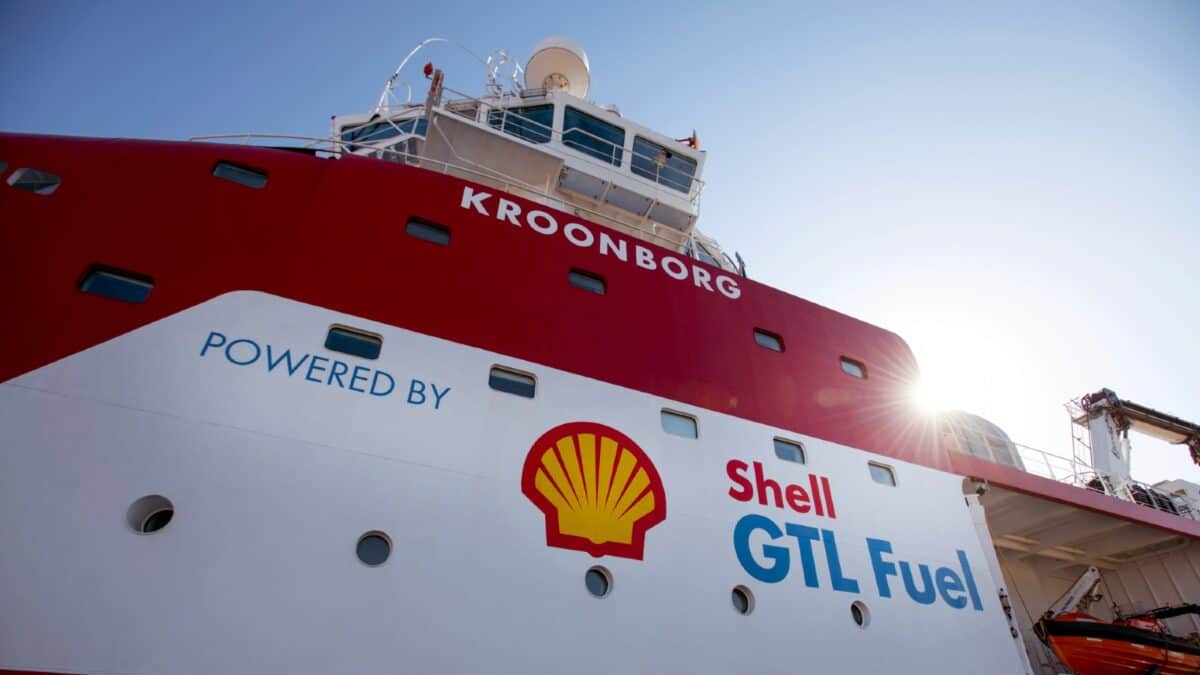Shell’s (LSE: SHEL) share price has fallen around 6% from its 13 May 12-month traded high of £29.56. Even before this, it looked undervalued against its competitor group, which is one reason I am increasing my holding.
Another is that the drop stems from a short-term decline in the oil price, in my view.
A dip in oil prices
As a former investment bank trader, I know that oil prices change constantly on a range of factors. The main one is changes in supply and demand.
Recent figures have shown the former outweighing the latter. However, oil supply is predicted to drop longer term due to declining infrastructure investment in line with the energy transition. This should be positive for oil prices.
On the other side of the equation, demand from China — the world’s largest oil importer — looks set to keep rising.
During its peak Covid years, its demand for oil fell as its economy struggled. However, last year, it comfortably achieved its 5%+ economic growth target.
Key economic data this year has surpassed consensus expectations and stimulus measures are still in place. This should also be positive for oil prices.
Balanced energy transition strategy
For the world’s power supply not to simply go off overnight, the energy transition must be sensibly managed. And there is a growing consensus that this will take a lot longer to achieve than many thought.
December 2023’s UN Climate Change Conference reiterated that net zero is targeted for 2050. But crucially it added that this must be done “in keeping with the science”.
So, Shell remains committed to a 100% carbon emissions reduction by 2050. But before that, it will keep its oil production at 1.4m bpd until 2030. It will also expand its huge liquefied natural gas business, with forecasts that demand will rise over 50% by 2040.
This balanced strategy appears to be going well. Q1 results released on 2 May revealed adjusted earnings of $7.7bn. This was way ahead of consensus analysts’ forecasts of $6.46bn and outstripped the $7.3bn of the previous quarter.
Is it undervalued?
One risk in the shares is additional government pressure to speed up its energy transition. This would result in lost revenues from a still strong oil and gas market. Another is a sustained slump in global commodities prices.
However, Shell is currently trading at a price-to-earnings (P/E) ratio of just 12.7. This is cheap compared to the peer group average of 14.4.
A discounted cash flow analysis shows the share to be around 16% undervalued at its present price of £27.87.
Therefore, a fair value would be around £33.18, although this does not necessarily mean it will ever reach that level.
Aside from its apparent undervaluation and balanced energy strategy, Shell has also boosted its dividend.
Q1 saw a rise in its interim dividend to 34.4 cents (27p) a share from the previous 28.75 cents.
If this 19.7% increase were applied to the entire 2023 payout of $1.2935, then 2024’s dividend would be $1.5483 (£1.22).
On the current share price of £27.87, this would give a yield of 4.4%. This compares very favourably to the present average FTSE 100 yield of 3.8%.






